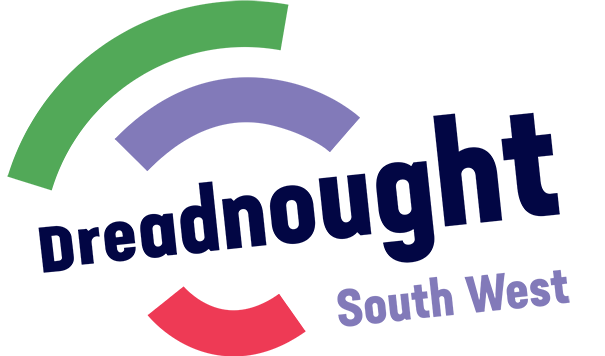| Location: | Dorchester |
| Story Number: | Story-032 |
| Themes: | Czech Republic, march, Student protest, Velvet Revolution |
| Listen: | |
| Transcript: | Transcript by Jayde Stevenson I wouldn’t have called it activism at the time, uh but I became aware when I went to live in the Czech Republic in 1984 which sounds an awfully long time ago (laughs), uh I – it was still Czechoslovakia, and it was under communist rule and at that time I was the only westerner living in the whole county. And… um, communist rule wasn’t quite as drastic as it had been in the fifties but it was still pretty grim. And I got a job, um, in 1987 teaching English at Brno University and then in November 1989 two years later, there was a demonstration of students in Prague. It was the 17th of November which was a resonant date for people in that country because it was the date of an anti-Nazi… um, demonstration when the Nazi’s… uh, moved into Prague. And this uh…1989… um… demonstration was put down quite violently by the local police… and the Czechs, who are normally a very peaceable nation suddenly decided ‘we’ve had enough of this’ and it set in motion a whole chain of events which led to the collapse of the communist government 10 days later. And as I say I was teaching in the department of English and American studies and I arrived at work the Monday morning after the demonstration on the Friday to discover that my students were on strike and the staff were sort of split down the middle – do we hedge our bets and go home and just pretend it’s not happening, or do we uh go all in with the students and stand by them? It was basically… uh it was… it was basically a protest against the government’s violent treatment of student demonstrators who’d just been sitting in the road – they hadn’t been doing anything um… uh… destructive or violent themselves, and… and it was partly I think a cry for democracy. They wanted a say in their own futures… and I suppose the moment that would be the turning point for me was that I walked down the corridor towards my office and there was a notice board and everything had been taken off the notice board except a petition which had two pages, and it was basically a very simple uh statement of protest against the government’s treatment of these demonstrators and saying ‘we want a say in the rule of our country’, and one page of this uh… petition was completely full of signatures and there was an empty page next to it. And I stood there and I remember thinking – the thoughts that went through my mind were ‘I have… right if I… if I sign this I could be deported, I could be arrested, I could lose my right of residence in this country’… um, you know, my mind sort of extrapolated all the things that might happen if I threw in my towel with this one, or my lot with this, cos we’re a group. And then… then I thought ‘actually this is the only chance this generation are ever going to get for democracy’, and that was how it started. That evening I went to a demonstration and um, there was no sound equipment uh… in the square where we were demonstrating so the speakers were being… were speaking and being relayed back by each line of people in the crowd what they were saying to people behind them. And that went on for two or three days until they eventually got sound equipment and the- and… it was just an amazing thing and we were told ‘if you… if you agree with this political movement just take your keys out and rattle them’. And that was the sort of symbol of the… of the velvet revolution. Notes: |
